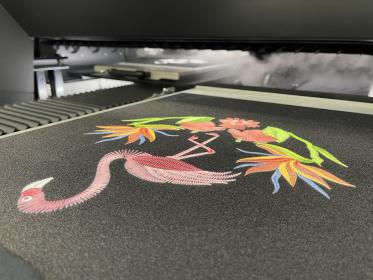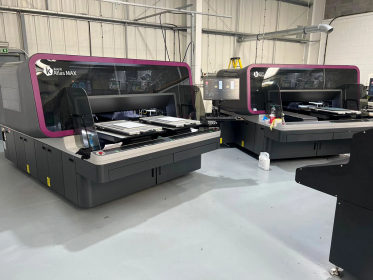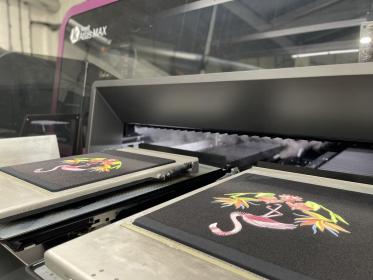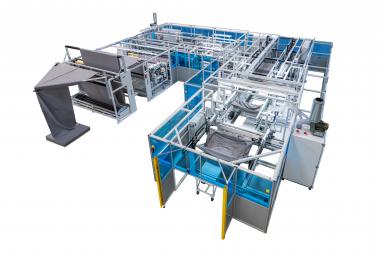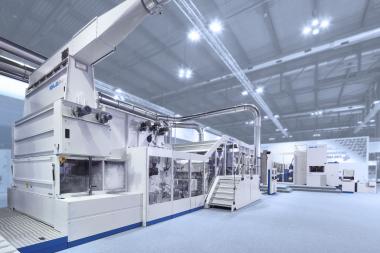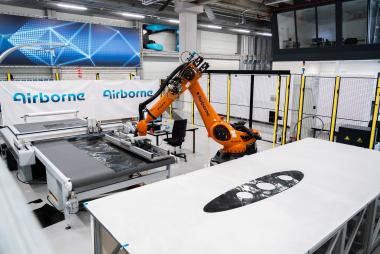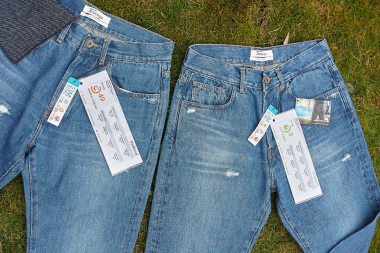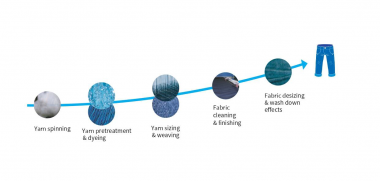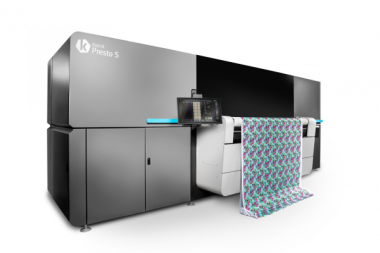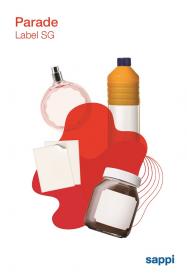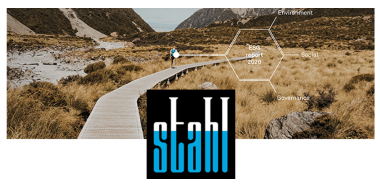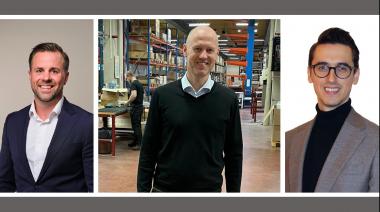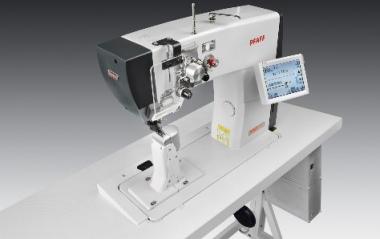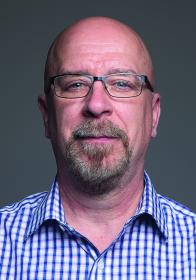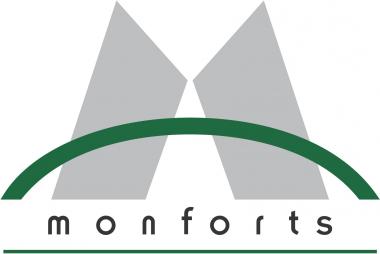Snuggle Implements Kornit Atlas MAX Systems to Support Sustained Growth in Sustainable, Efficient Production on Demand
- “The Atlas MAX technology provides a marked improvement in quality; it gives you that edge and something different."
Kornit Digital Ltd. (NASDAQ: KRNT), a worldwide market leader in sustainable, on-demand, digital textile production technologies, announced today that Peterborough, United Kingdom-based print provider Snuggle has installed two Kornit Atlas MAX systems for superior versatility in their on-demand fulfilment production operations. A Kornit customer since 2017, the addition of Kornit’s most advanced direct-to-garment production systems reflects Snuggle’s sustained profitability and growth since that time.
Kornit Atlas MAX is the first digital direct-to-garment production system to feature XDi technology, which empowers users to simulate embroidery, dye sublimation, vinyl heat transfer, and 3D graphic effects with one single-step platform, using Kornit’s eco-friendly NeoPigment™ inks. Delivering superior graphic detail, consistent retail quality, and low and consistent cost per print to ensure profitability in any quantity, the system is engineered for adaptability to long-term automation needs, which helps businesses like Snuggle address the ongoing labour shortage.
With seven Kornit Digital systems in total, Snuggle is now able to produce up to 12,000 units daily, and has expanded its production space more than threefold since first investing in the technology. While the business does include an embroidery unit, Snuggle rejected screen printing due to its slow setup process, inefficient sampling for bulk orders, and the inability to generate profit from smaller custom orders. Furthermore, digitally-enabled production on demand was critical to their adapting when the pandemic economy caused many customers to cancel bulk orders suddenly.
Kornit Digital


